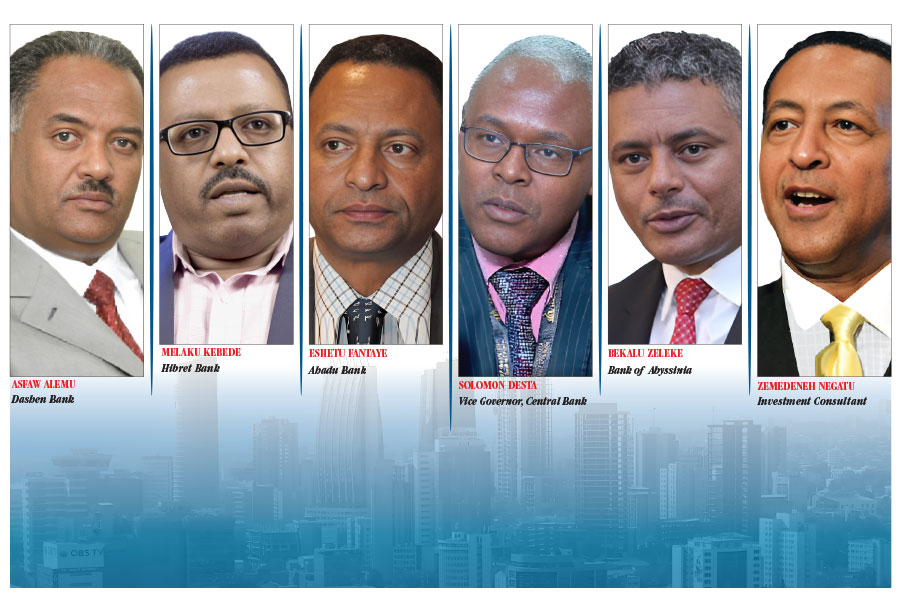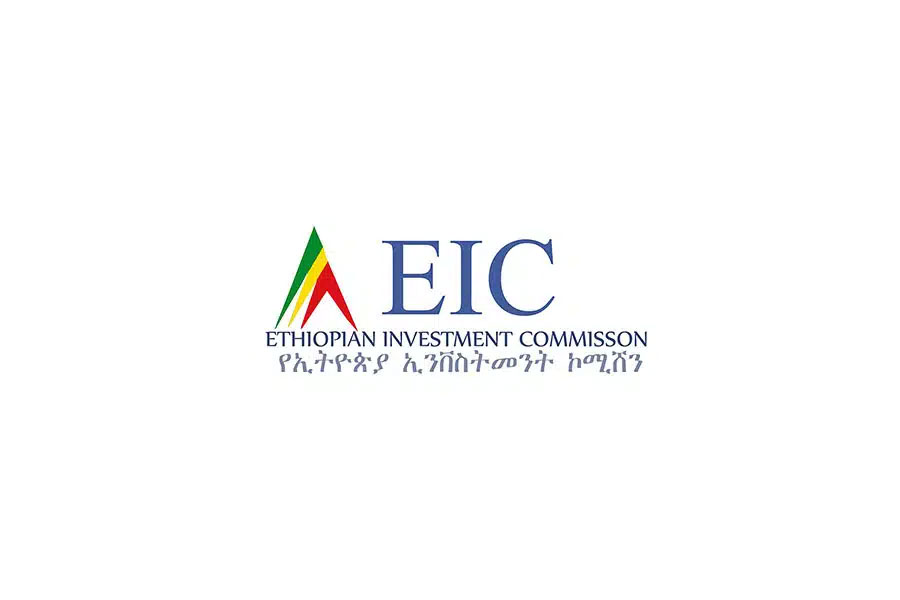
Fortune News | Aug 07,2021
May 23 , 2020
By Girma Mamo
The government’s attempt to ingratiate itself with foreign investors through incentives has led to outcries by local investors who claim that the resources could have gone to building their capacity. They have a point, writes Girma Mamo (girma1mamo@yahoo.com), who has experience in quality fields works in the manufacturing industry and development agencies.
The present global economic order is built on the exchange of goods and services between nations. Economies, to maintain their balance of trade at a healthy level, depend on the quality of products and services they bring to the international market. This demands having resilient industries that can compete with actors of other countries in the international market.
Developing countries, such as Ethiopia, are no different. To supplement their capabilities, such countries have turned to foreign investors that can bring in the resources and expertise necessary to build a competitive economy. For several years, Ethiopia’s government has been trying to capitalize on foreign direct investment (FDI). This has been an endeavour that continues to cost the nation billions of dollars in terms of infrastructure financing.
It is not only through infrastructure financing that the government is trying to attract investors. It has also put in place attractive incentive packages for investors that come from overseas. The incentive packages range from tax holidays to income tax holidays and from credit support to duty-free import of capital goods.
Despite this, over the past two years, FDI has been decreasing. This was not unexpected given the country's political volatility, which ate away at investor confidence. But it is also the case that, despite increases in aggregate foreign investment over the past decade, it has not translated into facilitating foreign currency generation or increasing domestic resource mobilisation.
The government’s attempt to ingratiate itself with foreign investors through incentives has also led to outcries by local investors who claim that the resources could have gone to building their capacity. They have a point in that local businesses have been squeezed through tax and bureaucratic red tape.
The record of FDI indeed leaves a lot to be desired. There is no need to look elsewhere here than the Development Bank of Ethiopia (DBE). At one point, just five foreign companies held 46pc of its total non-performing loans. This has led to the state bank haemorrhaging billions of Birr. Some of these loans are lost forever and are not expected to be recovered in any meaningful way.
The reason for this has been the lack of transparency, accountability and follow-up that surrounds FDI. The main factors for the DBE’s non-performing loans have been linked to poor due diligence assessment, non-credit worthy project financing and poor financial recording.
The main objectives of inviting foreign investors is to improve the living standards of the peoples of Ethiopia through the realisation of sustainable economic and social development. This is by increasing foreign exchange earnings through the export of quality products and services, savings of hard currency through import substitution, creating employment opportunities for Ethiopians and to advance the transfer of technology required for the development of the country.
But when these investors are treated like spoilt children with the key to unlocking Ethiopia’s economic catch-up, they could be doing more harm than good.
There is a double-standard in how the government has come to treat local businesses and foreign investors. It cannot close the shops of local traders for relatively small offences and chase off street vendors while at the same time being lax with big investors who are supposed to inject FDI into the economy but end up abusing the incentives that have been handed down to them.
Many developing nation’s experiences show that FDI plays a crucial role to economic development. It has also been the experience of many countries that multinational corporations, when they fail to be held accountable for their actions and are able to operate in the dark, have no problem exploiting resources. If Ethiopia fails to improve its regulatory enforcement, it will be an example of the latter.
We have to be very keen not to create a nation that has laws but also strong individuals and institutions above it as well.
PUBLISHED ON
May 23,2020 [ VOL
21 , NO
1047]


Fortune News | Aug 07,2021

Radar | Jul 21,2024

Radar | Mar 04,2023

Fortune News | Nov 24,2024

Radar | Jul 21,2024

Fortune News | Nov 26,2022

Radar | Jun 21,2025

Radar | Mar 16,2024

Radar | Jun 19,2021

Radar | Oct 23,2021

My Opinion | 131590 Views | Aug 14,2021

My Opinion | 127946 Views | Aug 21,2021

My Opinion | 125921 Views | Sep 10,2021

My Opinion | 123545 Views | Aug 07,2021

Dec 22 , 2024 . By TIZITA SHEWAFERAW
Charged with transforming colossal state-owned enterprises into modern and competitiv...

Aug 18 , 2024 . By AKSAH ITALO
Although predictable Yonas Zerihun's job in the ride-hailing service is not immune to...

Jul 28 , 2024 . By TIZITA SHEWAFERAW
Unhabitual, perhaps too many, Samuel Gebreyohannes, 38, used to occasionally enjoy a couple of beers at breakfast. However, he recently swit...

Jul 13 , 2024 . By AKSAH ITALO
Investors who rely on tractors, trucks, and field vehicles for commuting, transporting commodities, and f...

Jun 28 , 2025
Meseret Damtie, the assertive auditor general, has never been shy about naming names...

Jun 21 , 2025
A well-worn adage says, “Budget is not destiny, but it is direction.” Examining t...

Jun 14 , 2025
Yet again, the Horn of Africa is bracing for trouble. A region already frayed by wars...

Jun 7 , 2025
Few promises shine brighter in Addis Abeba than the pledge of a roof for every family...

Jun 29 , 2025
Addis Abeba's first rains have coincided with a sweeping rise in private school tuition, prompting the city's education...

Jun 29 , 2025 . By BEZAWIT HULUAGER
Central Bank Governor Mamo Mihretu claimed a bold reconfiguration of monetary policy...

Jun 29 , 2025 . By BEZAWIT HULUAGER
The federal government is betting on a sweeping overhaul of the driver licensing regi...

Jun 29 , 2025 . By NAHOM AYELE
Gadaa Bank has listed 1.2 million shares on the Ethiopian Securities Exchange (ESX),...